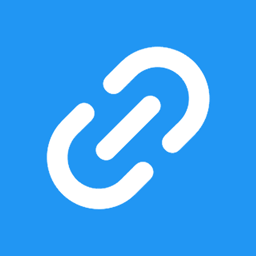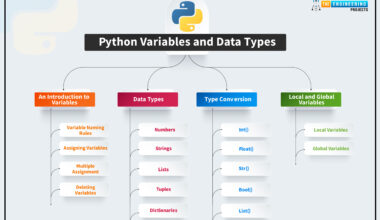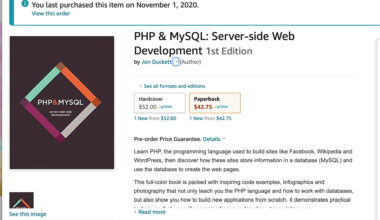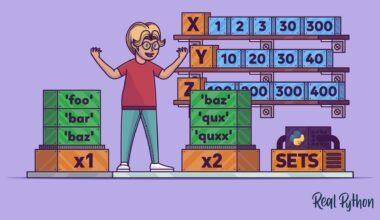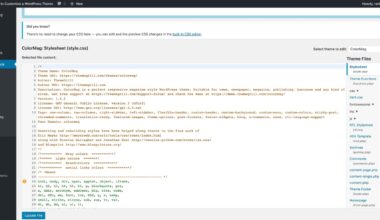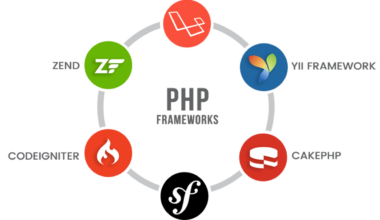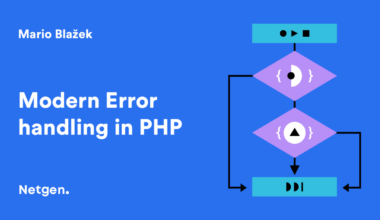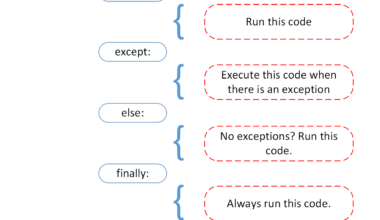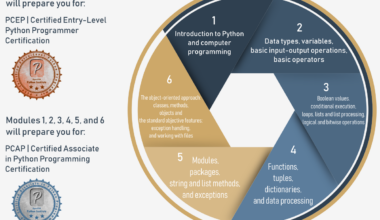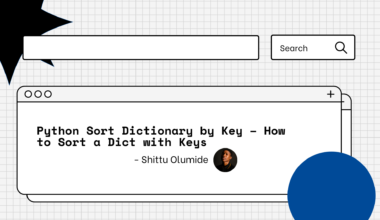Introduction: Understanding PHP Web Scraping
Web scraping is the process of extracting data from websites. It is a powerful technique that allows you to gather large amounts of data quickly and efficiently. Web scraping has become an essential tool for businesses and individuals who rely on collecting data from multiple sources.
PHP is a popular server-side scripting language used for web development. With PHP, you can easily automate the process of web scraping and extract data from websites. PHP web scraping involves using scripts to crawl websites and extract information. The extracted data can then be saved in various formats, such as CSV or JSON, or used in other applications.
PHP web scraping can be used for various purposes, including market research, data analysis, and content aggregation. It is also an excellent way to monitor your competitors’ prices, track social media mentions, or gather customer reviews.
In this article, we will discuss the benefits of web scraping for data collection, tools and techniques for effective PHP web scraping, common challenges and solutions, and best practices for successful PHP web scraping. By the end of this article, you will have a better understanding of how to gather data like a pro using PHP web scraping.
Benefits of Web Scraping for Data Collection
Web scraping offers several benefits for data collection, including:
1. Efficiency: Web scraping allows you to gather large amounts of data quickly and efficiently. Instead of manually copying and pasting data from websites, you can use web scraping tools to automate the process.
2. Accuracy: Web scraping tools can extract data with a high degree of accuracy, reducing the risk of human error. This is especially important when dealing with large datasets.
3. Cost-effectiveness: Web scraping is a cost-effective way to collect data. Instead of purchasing data from a third-party provider, you can gather the data yourself using web scraping tools.
4. Customization: Web scraping tools allow you to customize your data collection process based on your specific needs. You can choose which websites to scrape, what data to extract, and how often to scrape.
5. Competitive advantage: Web scraping can give you a competitive advantage by providing you with valuable insights into your industry, competitors, and customers. You can use the data gathered through web scraping to make informed business decisions and stay ahead of the competition.
Overall, web scraping is a powerful tool for data collection that can save you time and money while providing you with valuable insights. However, it is important to use web scraping tools ethically and responsibly, respecting the terms of service of the websites you are scraping and ensuring that you are not violating any laws or regulations.
Tools and Techniques for Effective PHP Web Scraping
PHP web scraping involves using scripts to crawl websites and extract information. To effectively scrape data from websites, you need to use the right tools and techniques. Here are some tools and techniques that can help you with PHP web scraping:
1. cURL: cURL is a popular PHP library used for web scraping. It is a command-line tool that allows you to transfer data from a server using various protocols, such as HTTP, HTTPS, FTP, etc. You can use cURL to send HTTP requests to websites and retrieve the HTML content of the pages.
2. Simple HTML DOM Parser: Simple HTML DOM Parser is a PHP library that allows you to parse HTML documents and extract data from them. It provides an easy-to-use interface for navigating and manipulating DOM elements, such as finding elements by tag name, class name, or ID.
3. XPath: XPath is a query language used for selecting nodes from an XML or HTML document. It is a powerful tool for web scraping because it allows you to target specific elements on a webpage and extract their content. You can use XPath with PHP libraries like DOMDocument or SimpleXMLElement to extract data from HTML pages.
4. Regular expressions: Regular expressions are a powerful tool for matching patterns in strings. They can be used to extract data from HTML pages by matching specific patterns, such as URLs, email addresses, or phone numbers.
5. Headless browsers: Headless browsers are web browsers without a user interface. They can be used for web scraping because they allow you to interact with web pages programmatically. Some popular headless browsers for PHP web scraping include PhantomJS and Selenium.
When using these tools and techniques for web scraping, it is important to be mindful of the website’s terms of service and not to overload the server with too many requests. You should also use proxies or VPNs to avoid getting blocked by the website’s server.
In addition to these tools and techniques, there are also many PHP web scraping libraries and frameworks available, such as Guzzle, Goutte, and Scrapy. These libraries can help simplify the web scraping process and provide additional features, such as handling authentication, pagination, and JavaScript rendering.
Overall, the key to effective PHP web scraping is using the right tools and techniques for the job. With the right tools and techniques, you can extract data from websites quickly and efficiently, giving you valuable insights for your business or research needs.
Common Challenges and Solutions in PHP Web Scraping
PHP web scraping is a powerful tool for data collection, but it also presents some challenges that you need to overcome. Here are some common challenges and solutions in PHP web scraping:
1. Website structure changes: Websites can change their structure, rendering your scraping script ineffective. To overcome this challenge, you should regularly monitor the websites you are scraping and update your scripts accordingly. You can also use tools like Diffbot or Import.io, which can automatically detect changes in website structure and adjust your scraping scripts.
2. Anti-scraping measures: Websites may have anti-scraping measures in place, such as CAPTCHAs or IP blocking, to prevent web scraping. To overcome this challenge, you can use rotating proxies or VPNs to change your IP address and avoid getting blocked. You can also use headless browsers, which can simulate human-like behavior and avoid detection.
3. Data quality issues: Scraped data may have quality issues, such as missing or incorrect data. To overcome this challenge, you should implement data cleaning and validation processes to ensure that the data is accurate and complete. You can also use data enrichment tools, such as Google Maps or LinkedIn, to enhance the quality of your data.
4. Legal and ethical issues: Web scraping may raise legal and ethical issues, such as copyright infringement or data privacy violations. To overcome this challenge, you should be familiar with the laws and regulations related to web scraping in your jurisdiction. You should also respect the terms of service of the websites you are scraping and obtain consent when necessary.
5. Performance issues: Web scraping can be resource-intensive and may slow down your server or network. To overcome this challenge, you should optimize your scraping scripts and use caching and throttling techniques to reduce the load on the server. You should also use efficient data processing and storage techniques to manage large volumes of data.
Overall, PHP web scraping presents some challenges, but with the right tools and techniques, you can overcome them and gather valuable insights from websites. It is important to be mindful of the legal and ethical implications of web scraping and use it responsibly and ethically.
Final Thought: Best Practices for Successful PHP Web Scraping
PHP web scraping is a powerful tool for data collection, but it requires careful planning and execution to be successful. To ensure that your PHP web scraping efforts are effective and ethical, here are some best practices to follow:
1. Respect the website’s terms of service: Before scraping data from a website, make sure to read and understand the website’s terms of service. Some websites prohibit web scraping, while others may limit the frequency or volume of requests. Failure to comply with the website’s terms of service can result in legal action or being blocked from the website.
2. Use proxies or VPNs: To avoid being blocked by the website’s server, use proxies or VPNs to change your IP address and location. Rotating proxies allow you to switch between different IP addresses, while VPNs encrypt your connection and hide your IP address.
3. Monitor website changes: Websites can change their structure or layout, making your scraping script ineffective. Regularly monitor the websites you are scraping and update your scripts accordingly. You can also use tools like Diffbot or Import.io, which can automatically detect changes in website structure and adjust your scraping scripts.
4. Use efficient data processing and storage techniques: Scraping large amounts of data can be resource-intensive and may slow down your server or network. To avoid performance issues, use efficient data processing and storage techniques, such as compression, caching, and indexing.
5. Implement data cleaning and validation processes: Scraped data may have quality issues, such as missing or incorrect data. To ensure that the data is accurate and complete, implement data cleaning and validation processes. You can use tools like OpenRefine or Trifacta to clean and transform your data.
6. Be ethical and responsible: Web scraping raises legal and ethical issues, such as copyright infringement or data privacy violations. To avoid legal and ethical issues, be familiar with the laws and regulations related to web scraping in your jurisdiction. Respect the website’s terms of service, obtain consent when necessary, and be transparent about your data collection practices.
By following these best practices, you can ensure that your PHP web scraping efforts are effective, efficient, and ethical. Web scraping can provide valuable insights for your business or research needs, but it is important to use it responsibly and ethically.








